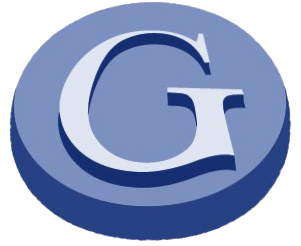I’ll take a bold stance here – read this to the end.
At junior levels, feedback is vital as you learn, and asking is encouraged.
But at higher levels, where expertise is expected, requesting it can signal doubt.
You still need feedback to grow, yet asking directly clashes with gravitas.
Instead, tune into your impact – read body language, interpret subtle cues, and adjust accordingly.
Face a curveball in a meeting? Stay unfazed, take it in stride – any other reaction hints at uncertainty.
Gravitas demands confidence in delivering, no matter the challenge. Asking for feedback undermines that.
So, master two skills:
Spot environmental signals to gauge your performance and adapt.
Trust your understanding of excellence and deliver it consistently.
Balance is key – here’s how:
Align with cultural norms, like performance reviews.
Cultivate a few trusted allies for candid feedback.
Avoid arrogance that blinds you to clues.
Keep your boss comfortable – they love offering input.
Embrace humility and selective vulnerability – they’re leadership strengths.
Perfection isn’t the goal; admit faults smartly to show strength.
The secret to promotion? Project the next level. Asking for feedback betrays that.
Look around – feedback surrounds you if you’re sharp enough to see it.
You’ve just explored a Gautrey Short. For deeper insights and actionable strategies, whisper into the world of Gautrey’s Private Insights.
